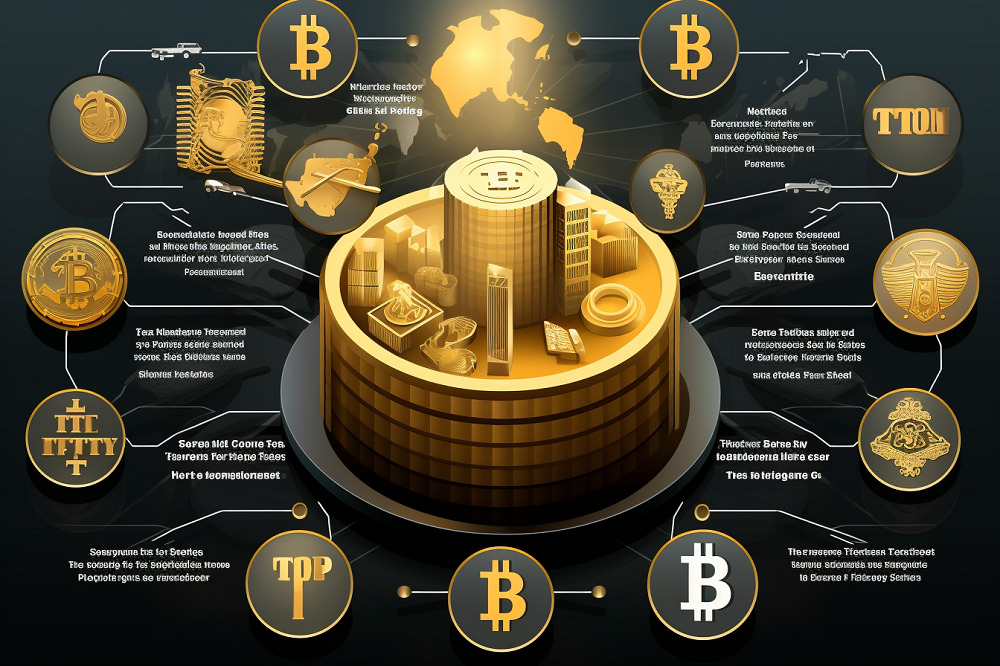The recent approval of spot Bitcoin exchange-traded funds (ETFs) by the United States Securities and Exchange Commission (SEC) has sparked considerable interest and debate among investors. While the US embraces spot Bitcoin ETFs, Europe embraces a regulatory framework that differs significantly from the Americans.
Europe Union’s Stringent Requirements Delay Spot Bitcoin ETFs Approval
Europe remains relatively complex for investors seeking investment exposure to Bitcoin and other cryptocurrencies. Unlike the US, where spot Bitcoin ETFs have been approved, the European Union (EU) has yet to follow suit due to its stringent regulations.
Under the Undertakings for Collective Investment in Transferable Securities (UCITS) regulation, ETFs that invest exclusively in Bitcoin (or only one digital asset) won’t receive approval from the EU or any member-state regulator. The UCITS’s objective is to protect investors from total financial losses by requiring fund products to be diversified and not overly concentrated in a single asset class or product.
Europe Embraces ENTs As Spot BTC ETF Alternative
As a result of the EU stance on spot Bitcoin ETFs, European investors are already exploring alternative crypto investment products. One such alternative is Bitcoin exchange-traded notes (ETNs), which can be categorized under exchange-traded products (ETPs) in the same way ETFs are classified under this same category.
Leading asset managers and investment firms, like VanEck, 21Shares, Deutsche Digital Assets (DDA), and ETC Group, offer these ETNs. Dominik Poiger, chief product officer of Deutsche Digital Assets GmbH, highlights the advantages of ETNs.
He emphasized their tradability on exchanges such as Euronext Amsterdam, Deutsche Börse’s Xetra, or SIX Swiss Exchange. Poiger noted that ETNs can be easily incorporated into investment portfolios, offering security similar to ETFs.
ETFs Vs. ETNs: Understanding The Differences
While ETFs and ETNs offer exposure to the crypto market, they differ in their underlying structures and legal protections. As regulated investment funds, ETFs give investors ownership of the underlying assets but are subject to stringent regulatory oversight and investor protections.
However, ETNs lack the same level of legal protection as ETFs, raising concerns about the safety of investor funds in the event of issuer insolvency. Despite these differences, ETNs remain popular among European investors due to their ease of accessibility through regulated stock exchanges.
However, ETN issuers implement various security measures to safeguard investor funds. These measures include partnering with regulated crypto custodians, appointing independent security trustees, and implementing robust internal governance mechanisms.
By adopting these practices, ETN issuers instill confidence in investors and demonstrate their commitment to protecting investor interests in an evolving regulatory landscape. Meanwhile, Ophelia Snyder, co-founder and president of 21Shares, remarked that the differences between ETFs and ETNs are negligible if the product structure, such as spot price and physical collateralization, is appropriate.
Snyder added that 21Shares’ ETPs reduce the potential default risk of the issuer by depositing collateralized assets with an independent custodian, thereby protecting investor capital.
The Future of Bitcoin ETFs in Europe
Simon Seiter, head of digital assets at Hauck Aufhäuser Lampe, opined that an ETF based on a crypto index with several cryptocurrencies would be an excellent option in Europe. However, such options would require the establishment of recognized crypto indexes that meet UCITS requirements.
Poiger believes cryptocurrencies, especially Bitcoin, are emerging as a prominent asset class, evidenced by the huge inflows into the spot Bitcoin ETFs recently approved in the United States.
